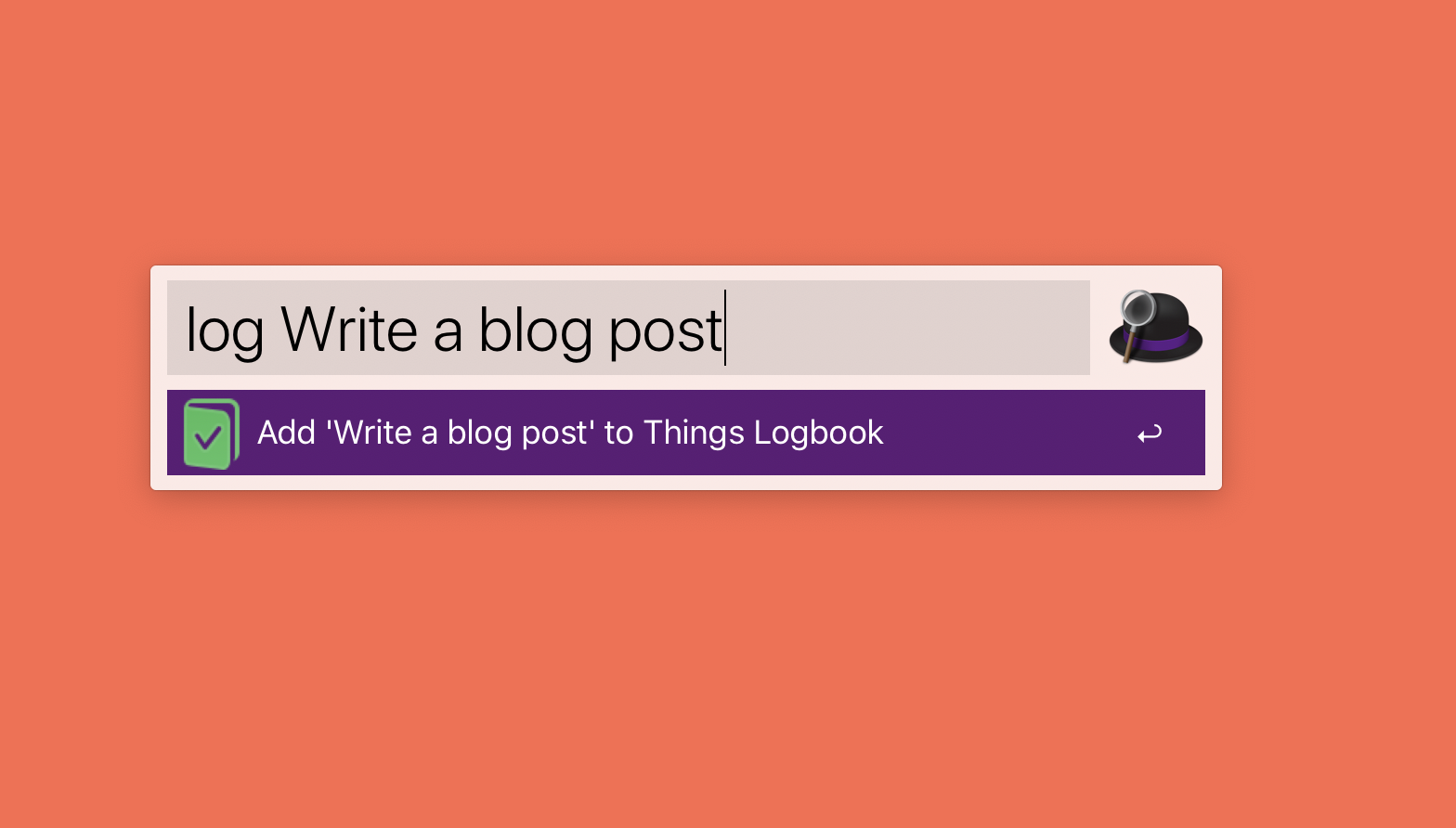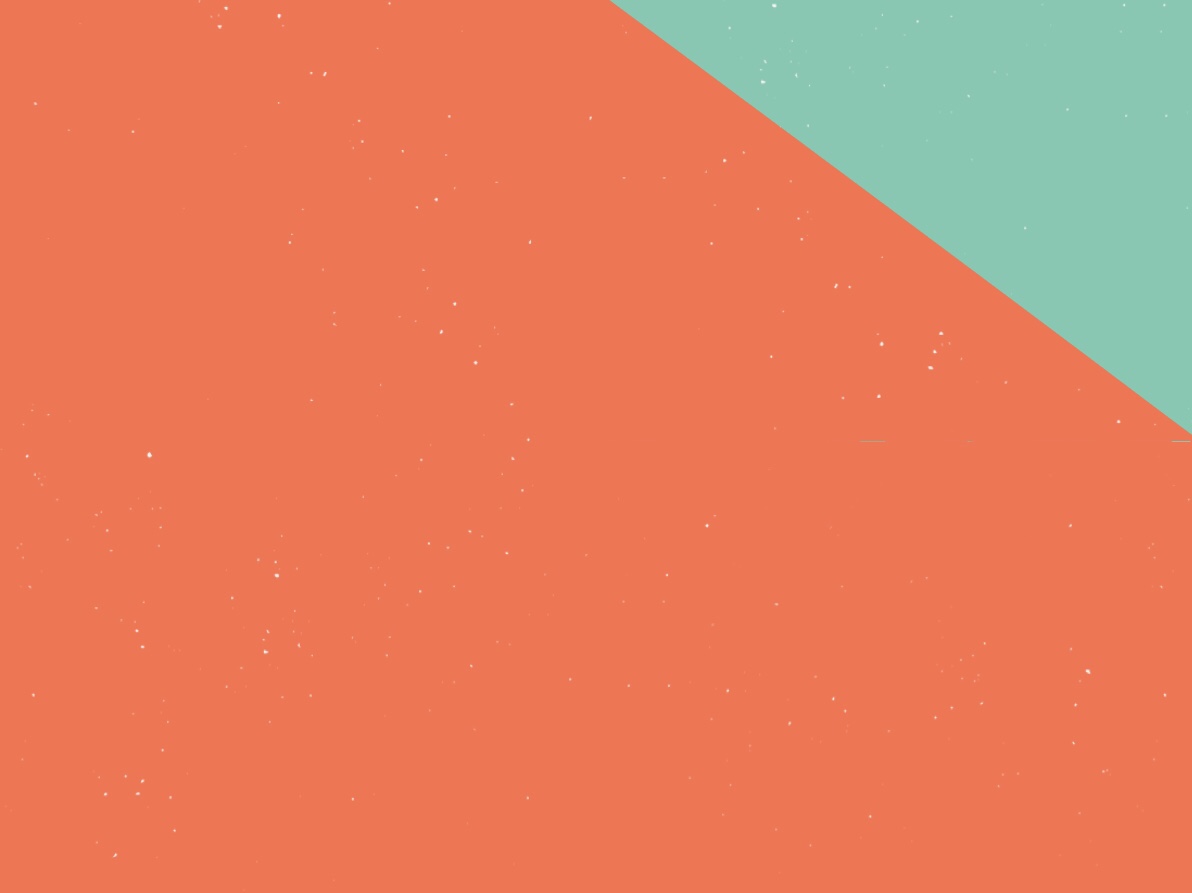This is the first post of a series that will focus on improvements I’ve made in my life that have led to advances in my productivity, effectiveness, or general well-being. I call these things big wins.
Back in high school, I remember a few people recommended that I listen to audiobooks. I tried, but never got into it on a regular basis. Audiobooks were something that my family listened to in the car on long road trips, but nothing more.
That changed last summer. A post by Sebastian MarshallArchived Link pushed me over the tipping point, but recommendations from multiple friends led me that far. I must have read the post at the right time. At first, I tried finding free audiobooks, but most were classic novels with low quality narrators. I listened to a few, but only on long drives. I couldn’t seem to get into them otherwise. On my quest for contemporary non-fiction books, I signed up for an Audible account. They seemed to have the best selection and had a deal going on for new subscribers.
That was June 2011. Since then, I’ve purchased about 30 audiobooks and so far I’ve listened to more than 20 of them. Most of them were non-fiction (on a wide variety of subjects), though a few were fiction. I’ve learned quite a bit and I have made many changes to the way I live my life due to what I read (er.. listened to..) in the audiobooks.
I do not use audiobooks as a replacement for reading. I still read physical books that I have to hold in my hands, as well as digital books on my Kindle and iPad. (I am currently reading Brothers Karamazov, Deleting the State, and It Starts With Food the old-fashioned way. I can read multiple books concurrently as long as they aren’t the same genre.) I use audiobooks for when I would otherwise have dead time, such as walking to work, cooking, washing the dishes, or generally doing menial tasks that do not require my full attention. Without changing my schedule, I consumed an extra 20+ books in the past year. I’ve learned a little bit about neuroscience, exercise, diet, philosophy, economics, the founding of Google, the lives of people who have accomplished great things, self-discipline, productivity, travel, and more. I’ve also listened to some excellent literature and bought a physical copy of a few of the titles so I can spend some more time with them.
The majority of the books I listen to are informational books. This isn’t a coincidence: I can listen to informational books in 20 minute chunks without getting lost since most of the information does not rely heavily on what came immediately before it. I save the philosophical books and novels for long drives, plane rides, etc.
This year, I am on track to listen to 50+ audiobooks, again without changing my schedule. I am not pushing off tasks or projects to listen to audio, nor am I cutting into my regular reading time. I am simply being more diligent about listening to audio while I am doing menial tasks. For the past 3 weeks, I’ve gone through a book and a half a week.
A few times a year, Audible runs a $4.95 sale. For a few days they list 200+ titles, mostly popular titles that people actually want to listen to, at $4.95 each. At that price, you can grab 5 great books for $25, which is an insanely good price, considering that the books usually go for between $13-$25 a piece. Each time this sale comes around, I stock up on great titles.
Another way I can listen to so many books is that I play them at 1.5x speed. I think most of the narrators are fairly slow compared to how my friends speak, so listening to the books at 1.5x sounds fine to me. This allows me to listen to an hour of recorded audio in 40 minutes.
A note on podcasts: I haven’t explored them. I know there are many excellent ones that my friends listen to, but audiobooks have been more than adequate for me this past year. I will look into podcasts again soon. I am sure there are a few that I would enjoy listening to each week.
My number one complaint with listening to audiobooks is that my headphones are always tangled. I am currently looking into bluetooth headphones to solve this problem. I think not having to deal with wires will be a significant improvement. (Have any recommendations?–Let me know in the comments.)
What could you learn if you consumed an extra 20 books a year without changing your schedule? More importantly, what are you missing out on? Give audiobooks a try and let me know how it goes.



